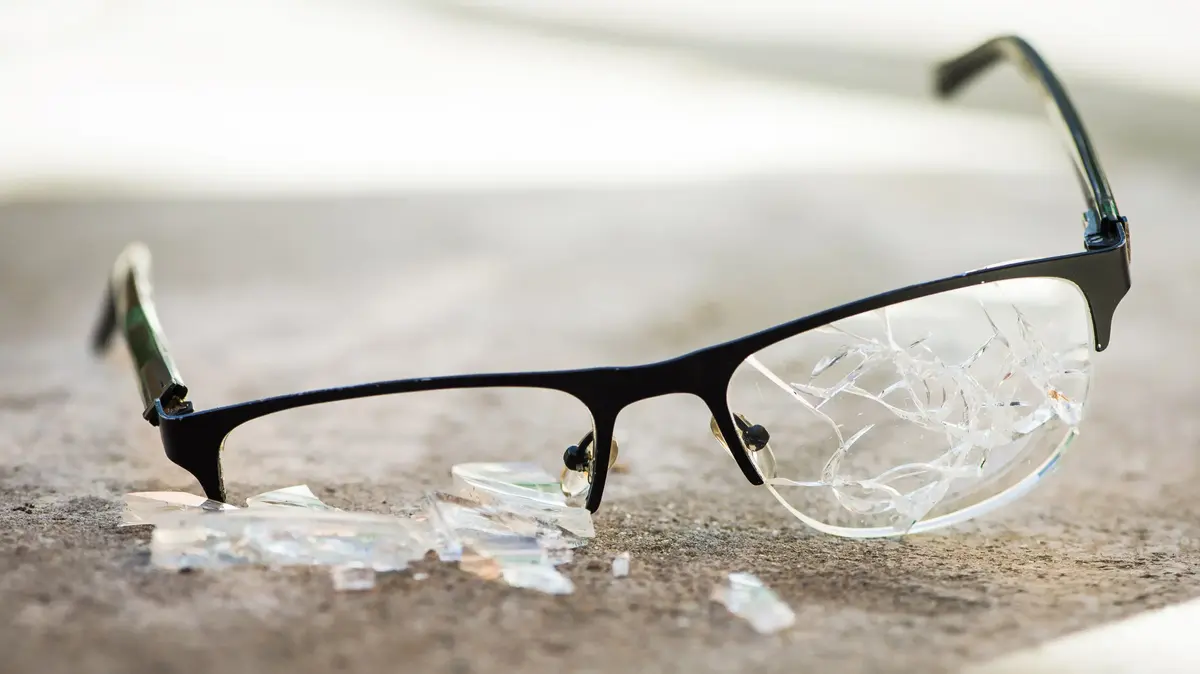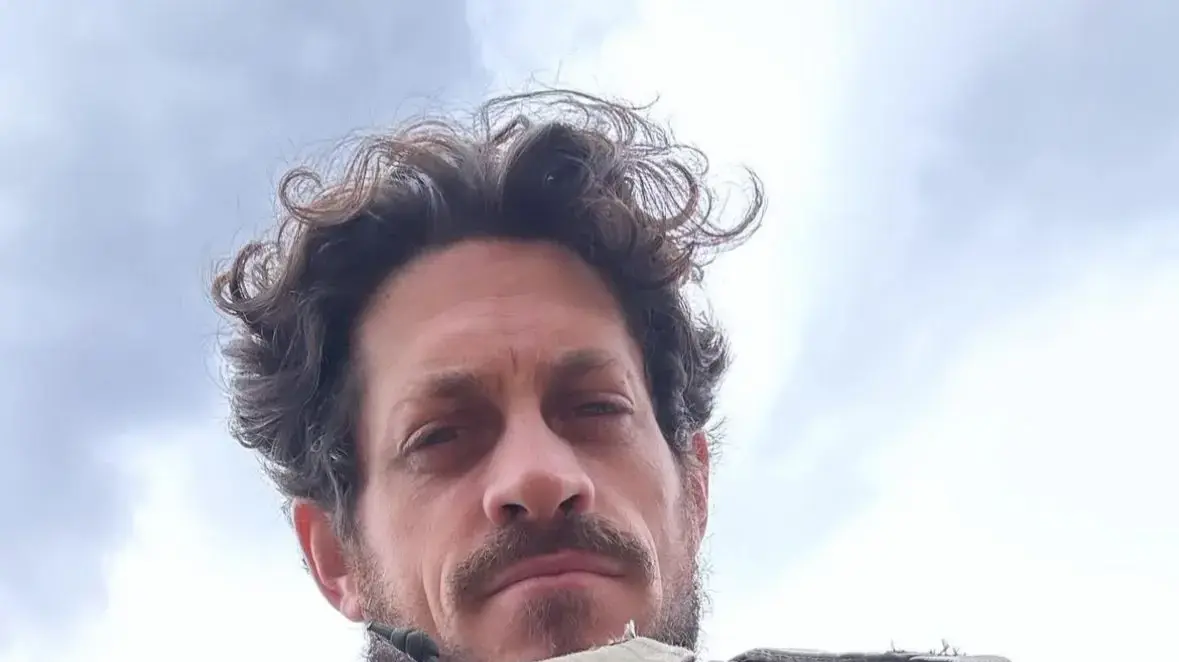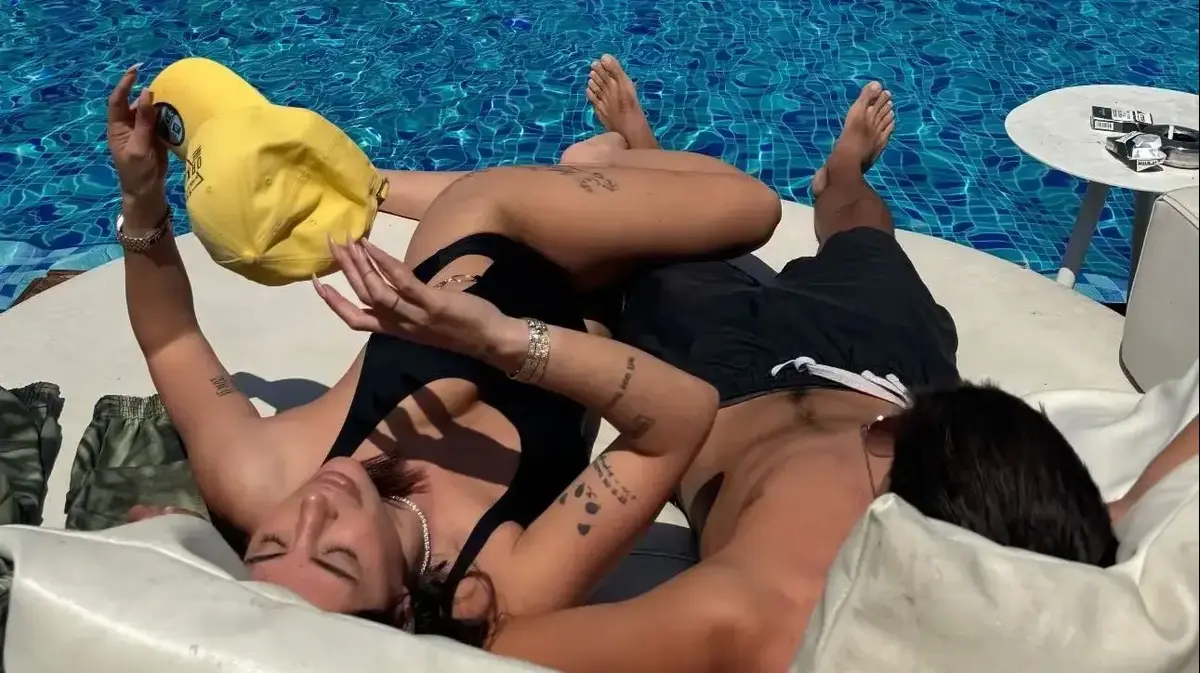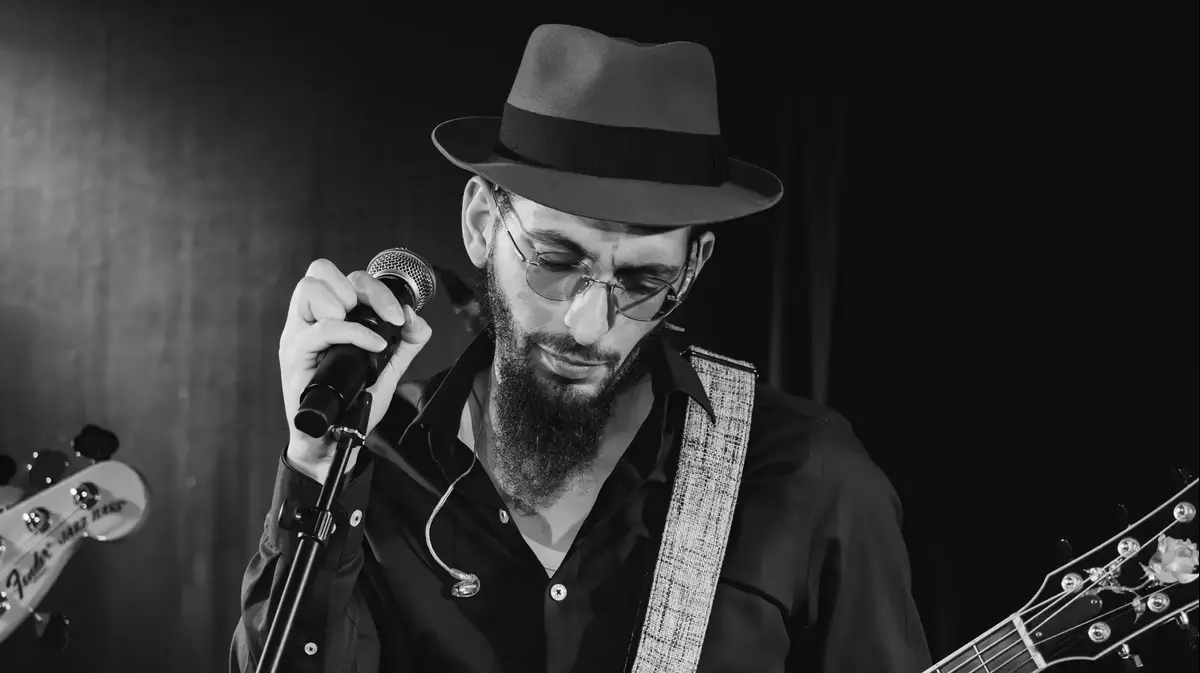Broken eyeglasses (Photo: ShutterStock)
Walla!
Judaism in collaboration with the Chabad Halacha Institute in a fascinating weekly section - and this week: Should Levi, Jacob's best friend, pay for Jacob's glasses that were broken due to an "involuntary" movement?
Background
:
Friday night, Chen Palace Halls in Bnei Brak, 22:20.
The climax of the dances at the wedding for families c.
and from
Yaakov and Levi, longtime friends of the groom, got on a special bus from the far north in order to attend their best friend's wedding.
Their joy at their best friend's wedding was great, and the dancing was boisterous.
And lo and behold, as they danced, Levi threw his hands upwards while dancing, and suddenly unintentionally hit the face of Jacob, his friend who was dancing with him.
Yaakov's glasses flew off his face from the force of the blow, and even before Yaakov had time to move an eyelid - they became shards at the feet of the hundreds of dancers.
Yaakov, who had a very high number in his glasses, had trouble seeing without them and needed help to get back to the sides of the hall in order to sit on a chair and relax.
In the process, Yaakov discovered that he had also injured his nose, drinking blood on his Shabbat suit, which he wore for the wedding. As well as his expensive shirt.
Levy didn't pay any attention to what happened, and continued to dance and dance with joy and strength. Only after a few moments did he suddenly notice that his friend Jacob was not next to him, and when he went to the side to breathe some air - it became clear to him that due to an 'involuntary' action (meaning: without control, while being happy and without first intention) of his - Ya'akov was hurt. Levy complained and asked for the forgiveness of his friend Ya'akov.
But Ya'akov who was quite grumpy, and especially hurt by Levi who didn't pay any attention to him at all - turned to Levi and said: 'I hope you understand That you have to pay me with the expensive glasses you broke for me, without which I am almost selfishly blind.'
But Levi, who didn't pay attention and didn't mean what happened, said to him: 'My friend Jacob, don't you think I hurt you on purpose?
After all, it was only in the midst of joy, and I didn't even notice it.
Will I not be able to dance anymore in my life, for fear that I will make some 'involuntary' movement of one kind or another while being happy without committing to harm of one kind or another?
I'm certainly not responsible for what happened.'
Jacob looked at him, doubted whether he believed him, doubted he thought he was joking with him, and roared angrily: And does it seem to you that you can break what you want without paying because you 'danced'?
And the question arises whether Levy, who did not notice what happened at all, must pay for the damage due to his 'involuntary' movement while dancing, or is he exempt?
Brief answer
:
As long as it is about the way they danced together and it was really caused without any intention at all - Levy can be exempted from the law for the damage to Yaakov's glasses, and a rabbi or teacher will ask if necessary.
Detailed answer
:
First of all, it should be emphasized that there is no permission to go crazy and harm, neither for the joy of dancing, nor for the joy of Purim, nor for any reason whatsoever.
The above is only in hindsight - what happens if it has already happened and one of his friends is damaged during a happy hour.
Here is the well-known rule stated in the Mishnah, 'A person stumbles into the world between being careless, between deliberately, between being awake and between being asleep'.
Apparently, according to this rule, it seems that a person who harmed his friend, will be liable for his harm, no matter what situation he is in.
Although (some of) the arbitrators have already written that complete rape will be exempt.
An example of complete rape can be given, from a person who put his belongings in a certain place and someone came and stepped on them.
The law says that if he put his things in a place where the person who came across them should not have thought they were there - he will be exempt;
But if he puts his belongings in a relatively safe place (that he would have to observe and think twice before passing by) - he must.
Similarly, it is ruled in the Halacha regarding the joy of Purim that 'some say if one harms his friend because of the joy of Purim - he is exempt from paying'.
It was also stated in the Halacha regarding the happiness of a bride and groom, that when one harms his friend with his clothes and the like during the happiness of the wedding - he is exempt from paying, 'and everything is according to the custom'.
Admittedly, the arbitrators have already divided on this level of exemption, and what is the custom in this regard:
some divide between small damage and large damage (and even the definition in this is not clear enough, and the Ammal); some divide between damage done to the body of the person damaged and damage done to the money of the damage (and apparently this was not accepted in Halacha and ACMAL);
Some divide whether the damage was done during the actual joy, or only during the joy (meaning: was the damage done while the two were dancing together, then it can be said that since they were both in the movement of joy, it belongs to each of them to make some involuntary movements, and it belongs to those who do not Pay attention to their movements at all, and because of this, I will not oblige them, or will the damage be done during the joyous time,
In any case, in all cases like this and the like in them, if it is clear to us that it was in the form of complete rape (ie: when they were both happy, and we made a normal and not strange movement, and in private supervision one of them hit his friend) - it seems that according to all opinions, Levi the harmful should be exempted from payment.
However, in order to find this out, one must contact a rabbi or a teaching house, who will stand by the details of the case and check whether everything was indeed done in good faith and without intention and without abnormalities in Levy's movements.
Also, in accordance with the law of the law, Levy is exempt from complete rape (same above) - the rabbi or the teaching house has permission to fine him as he sees fit, so that the act will not be changed (and this also depends on the specific circumstances of the case and the Supreme Court).
Sources: Ram "1 135 72, Mishnab Ibid. Ski 3, Pethai Hoshan PA 16, note 29, and see Shu'a Chom Sha" 9, and in B'noch ibid. The Shas in B.C. 27, page Kalev 42 ff., Mishpat Shlomo 34 (p. 27).
There is no halachic ruling in this section and one should contact the rabbi or the house of instruction in each individual case.
Written by Rabbi Yitzhak Eitan Mizrahi, Chabad Halacha Institute.
For comments: publish@smslarav.co.il
David Berger, submitted on behalf of Shuba Israel
Judaism
magazine
Tags
Judaism















